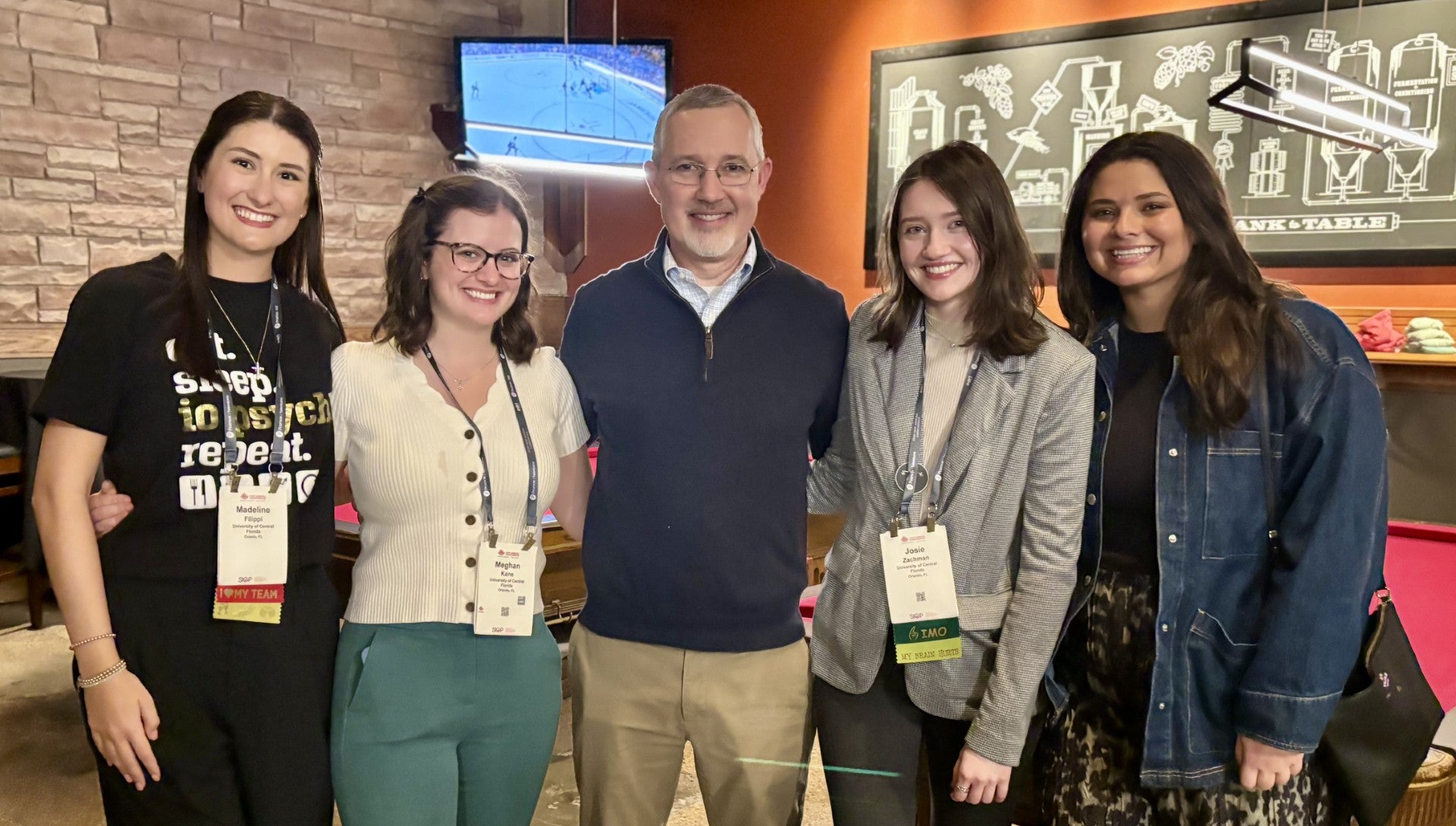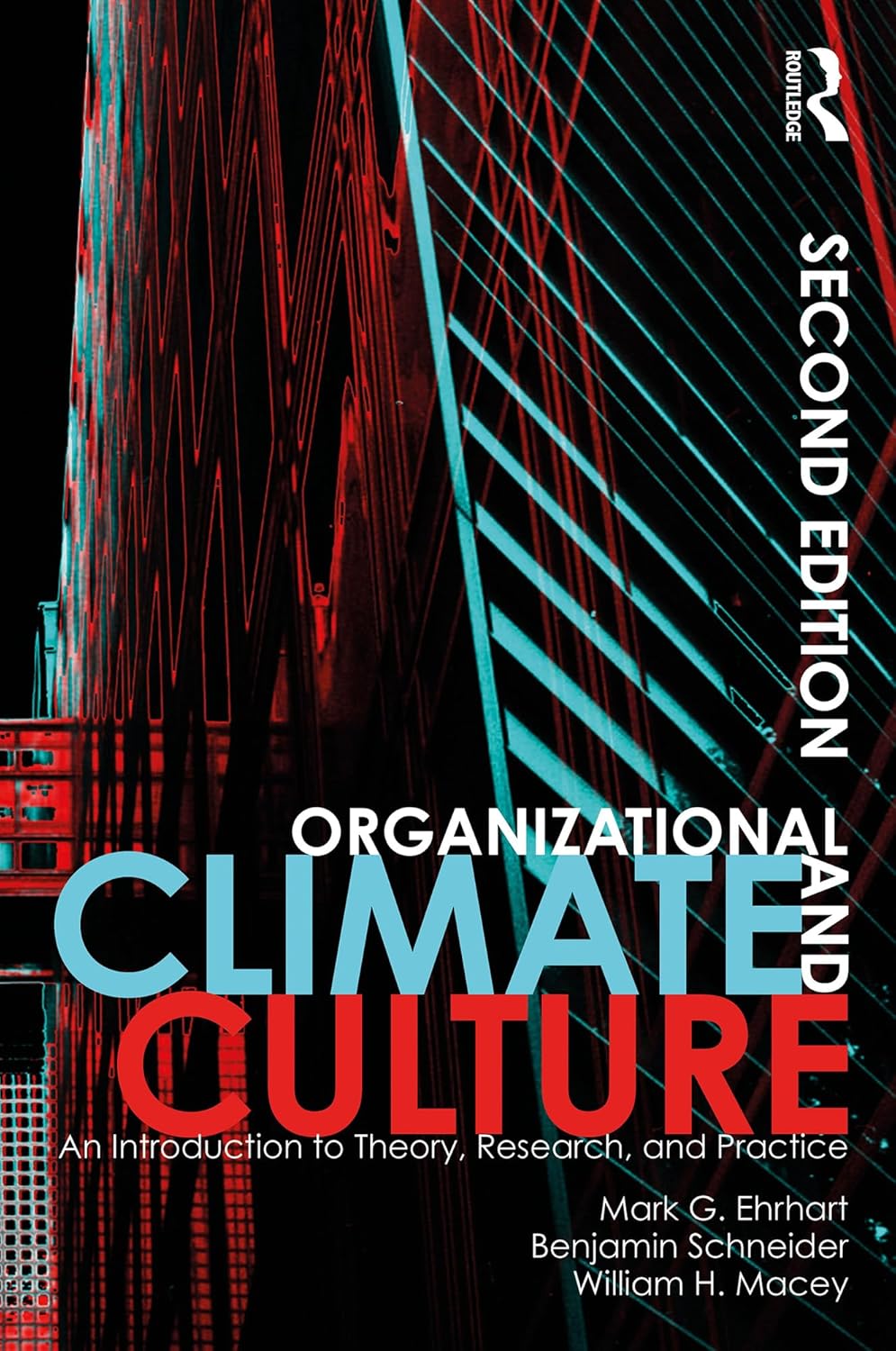
LAB DESCRIPTION
Led by Dr. Mark Ehrhart, the Research on Organizational and Leadership Effectiveness (ROLE) lab focuses on the effects of the work environment on worker well-being and organizational effectiveness. Research topics addressed in the lab include leadership, organizational climate, organizational citizenship behavior, work stress, and innovation implementation. Current projects address helping reciprocation, employee responses to unsolicited help, outcomes of ambivalent leader behavior, stress and burnout in nurses during COVID, and the role of leadership and climate in the implementation of evidence-based practices in behavioral health.

DIRECTOR
Dr. Mark G. Ehrhart is a professor in the Industrial / Organizational Psychology Program at the University of Central Florida. He joined the faculty of UCF in fall of 2017 after serving on the faculty at San Diego State University for 16 years. He received his B.S. in Applied Psychology from the Georgia Institute of Technology and his M.A. and Ph.D. in Industrial / Organizational Psychology from the University of Maryland, College Park.
Dr. Ehrhart’s research interests include organizational climate and culture, organizational citizenship behavior, and leadership, and the application of these topics across levels of analysis and in behavioral and mental health settings. His recent work has focused on the role of the organizational context in the implementation of evidence-based practice in mental health, child welfare, substance abuse treatment, and nursing settings. Dr. Ehrhart has over 50 journal articles and book chapters, including in such journals as Journal of Applied Psychology, Academy of Management Journal, Personnel Psychology, Journal of Management, and Journal of Organizational Behavior. He is on the editorial boards for Journal of Applied Psychology, Academy of Management Journal, Personnel Psychology, and Implementation Research and Practice, and is a member of the Society for Industrial and Organizational Psychology and the Academy of Management.

Dr. Ehrhart recently published the second edition of his book, Organizational Climate and Culture: An Introduction to Theory, Research, and Practice. Below is more information on the book – additional detail can be found at the Routledge or Amazon websites:
“Organizational Climate and Culture breaks down the barriers between the fields of organizational climate and organizational culture to encourage a broader understanding of how an organization’s environment affects its functioning and performance.
“Building on in-depth reviews of the development of both the organizational climate and organizational culture literatures, the book identifies key research issues as well as how practitioners can utilize the key concepts when conducting organizational cultural inquiries and leading change efforts. The book identifies the key strengths and limitations of research and theory on each topic and then presents ways each field could learn from the other. The authors also identify how practitioners can leverage the key concepts in the two literatures when conducting organizational cultural inquiries leading to climate and culture change efforts. The end product is an in-depth discussion and reconciliation of organizational climate and culture unlike anything that has come before it.
“In this updated edition, Mark G. Ehrhart, Benjamin Schneider and William H. Macey present a thorough examination of both the history and current status of research in each field, as well as areas for their potential integration. Academics, practitioners, and students will all deepen their understanding of how organizations function and will gain insights into how to improve both organizational research and organizational effectiveness.”

Recent Comments